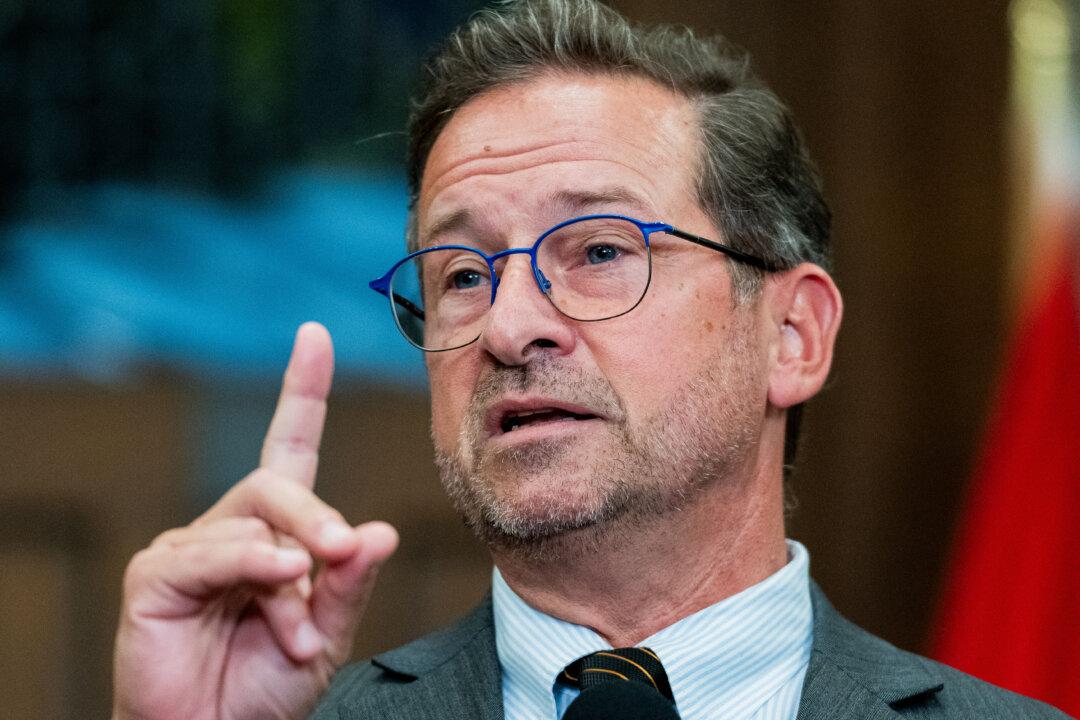The Bloc Québécois is “fiercely opposed” to any projects like Energy East that would see pipelines run through Quebec, the party’s leader says.
Bloc Québécois Leader Yves-François Blanchet has rejected the idea of reviving the Energy East oil pipeline that would convey crude oil from Alberta through six provinces to an export terminal situated in Saint John, N.B.





